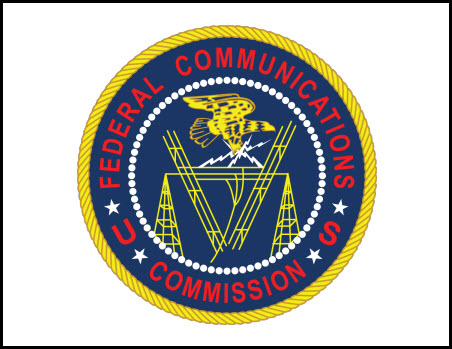FCC Approves Post-Auction Channel Sharing

The smarter way to stay on top of broadcasting and cable industry. Sign up below
You are now subscribed
Your newsletter sign-up was successful
Broadcasters will be able to strike deals to share channels after the incentive auction, not just before, the FCC said Friday, following up on a proposal by FCC Chairman Tom Wheeler reported by B&C back in April.
The FCC also made some other changes to its original auction framework and issued a proposed rulemaking with rules on how to share channels and a proposal to allow channel sharing outside of the auction process/
Cable operators had opposed allowing post-auction sharing deals.
Prominent National Association of Broadcasters members Fox, Ion, Tribune and Univision have all signaled that they are interested in participating in the auction and staying in the business at the right price and under the right rules. And in his opening speech to the convention Monday, NAB president Gordon Smith conceded that given the $45 billion ponied up by wireless companies for AWS-3 spectrum, "broadcasters have begun to look more seriously at the possibility of participating in the upcoming incentive auction," which in the case of sharing means "doing more with less."
But the Expanding Opportunities for Broadcasters Coalition (EOBC) has been the most active on the channel-sharing policy front, petitioning the FCC to reconsider its decision not to require broadcasters to make sharing arrangements before they participate in the auction. It was that petition that the FCC granted Friday. The FCC had initially signaled it needed to know about sharing arrangements beforehand so it could evaluate bids from channel sharers.
But the FCC said it agreed with EOBC that post-auction sharing deals should be allowed under the following terms: The FCC said it agreed with the "[W]e modify our rules to allow winning bidders that relinquish their spectrum usage rights to enter into CSAs (channel sharing arrangements)after the completion of the incentive auction, provided that they (1) indicate in their pre-auction applications that they have a present intent to find a channel sharing partner after the auction,36 and (2) execute and implement their CSAs by the date on which they would otherwise be required to relinquish their licenses."
The FCC did not agree that a winning bidder should have 12 months to find a sharing partner, giving it only three months, the same amount of time winning bidders have to exit their channels if they are going off the air. The FCC said it was doing that to address cable operator concerns that too lengthy a time would introduce too much uncertainty into the repacking process.
The smarter way to stay on top of broadcasting and cable industry. Sign up below
The National Cable & Telecommunications Association was also concerned that post-auction deals up to a year afterwards could mean the FCC did not have enough money to compensate MVPD's for costs associated with must-carry. The FCC said it was confident there would be enough to go around (out of the $1.75 billion fund for repacking expenses.
The FCC also agreed with EOBC that it should change what happens to the spectrum of a sharing station that loses its license for any reason. The FCC had proposed that the spectrum would revert to the FCC. Instead, as EOBC has asked, the surviving sharing partner gets the spectrum (but not a second license) to either use (reclaiming the full 6 MHz) or find another partner among stations that gave up their spectrum. That gets the FCC out of the business of picking a sharing partner, which the FCC said was OK with it.
While the FCC is discounting the payouts to stations that move from a VHF to a UHF channel, it is not cutting the price to channel sharers, who will be giving up 6 MHz channels, the same as stations getting out of the business, the difference being sharers will share the payout with stations with which they will share.
"“Our Coalition is very grateful to the FCC Staff and Commissioners for listening to our concerns about the channel sharing rules and then acting decisively to adopt new more relaxed rules," said the EOBC in a statement. "The new Rules will greatly increase the feasibility of broadcasters entering into sharing arrangements and increase the likelihood of a successful auction.”
Contributing editor John Eggerton has been an editor and/or writer on media regulation, legislation and policy for over four decades, including covering the FCC, FTC, Congress, the major media trade associations, and the federal courts. In addition to Multichannel News and Broadcasting + Cable, his work has appeared in Radio World, TV Technology, TV Fax, This Week in Consumer Electronics, Variety and the Encyclopedia Britannica.

